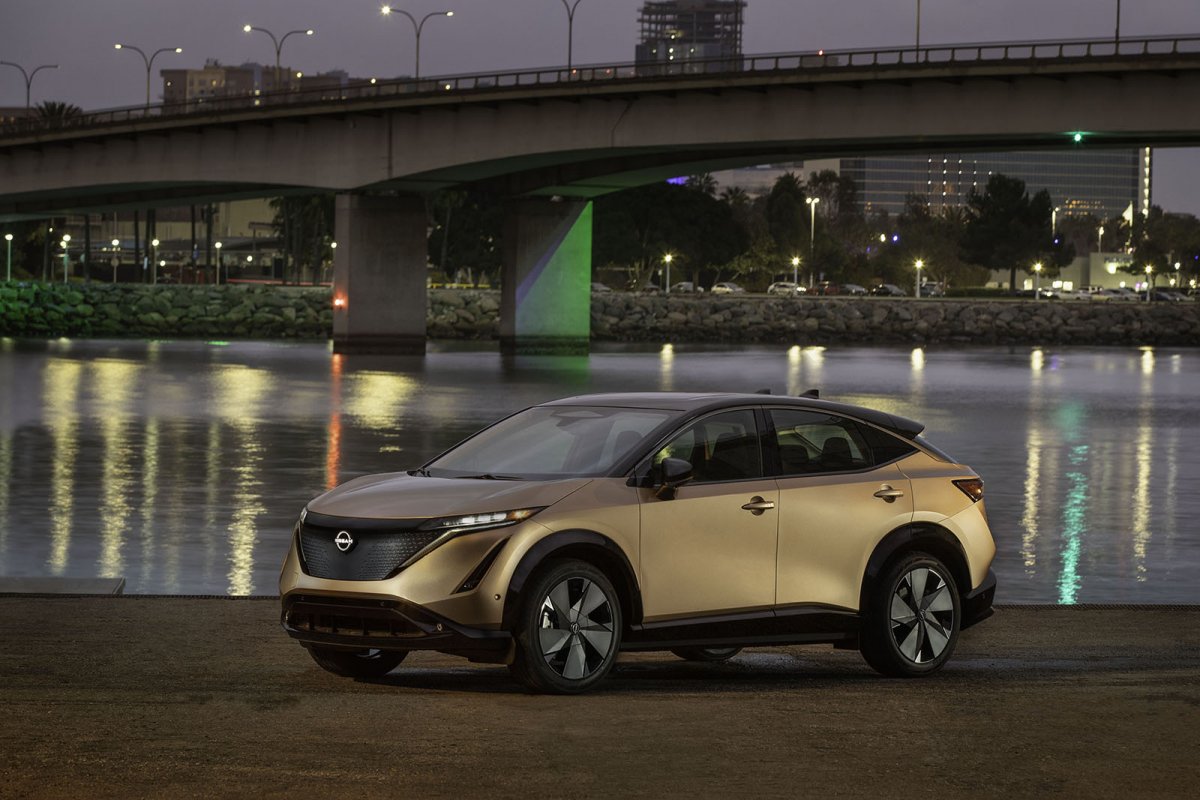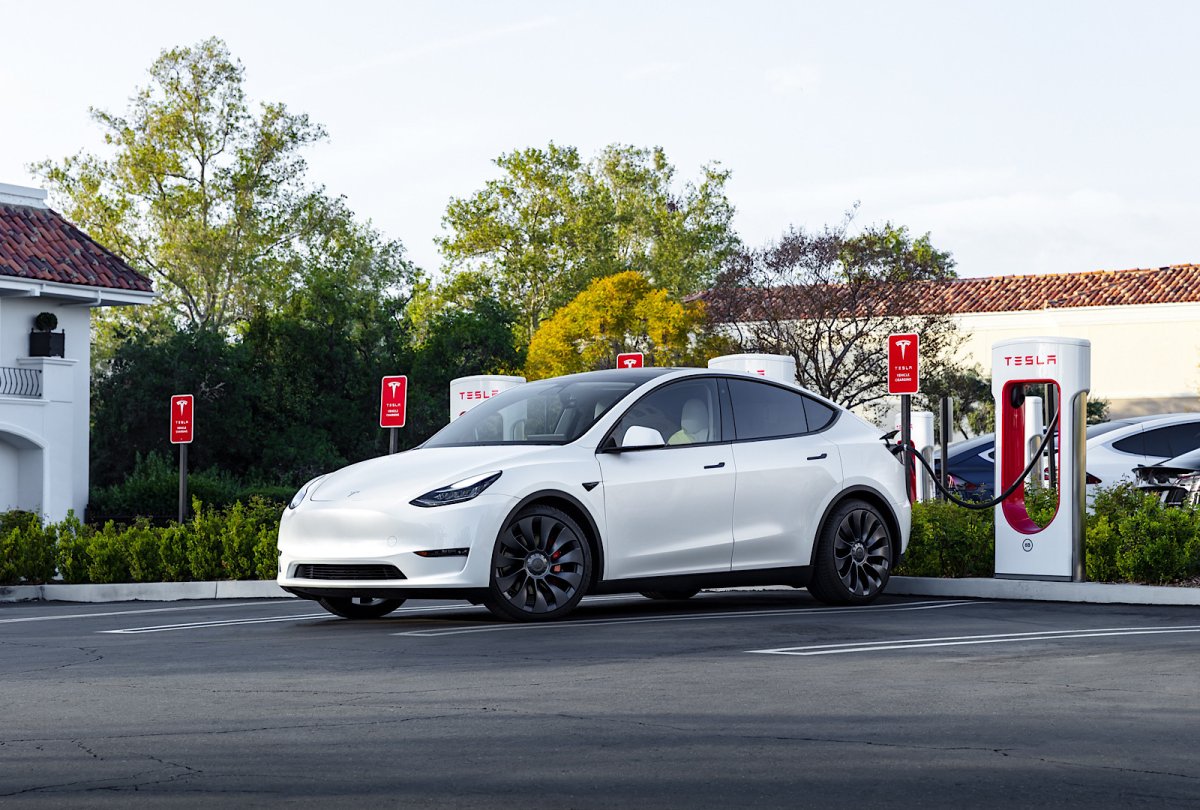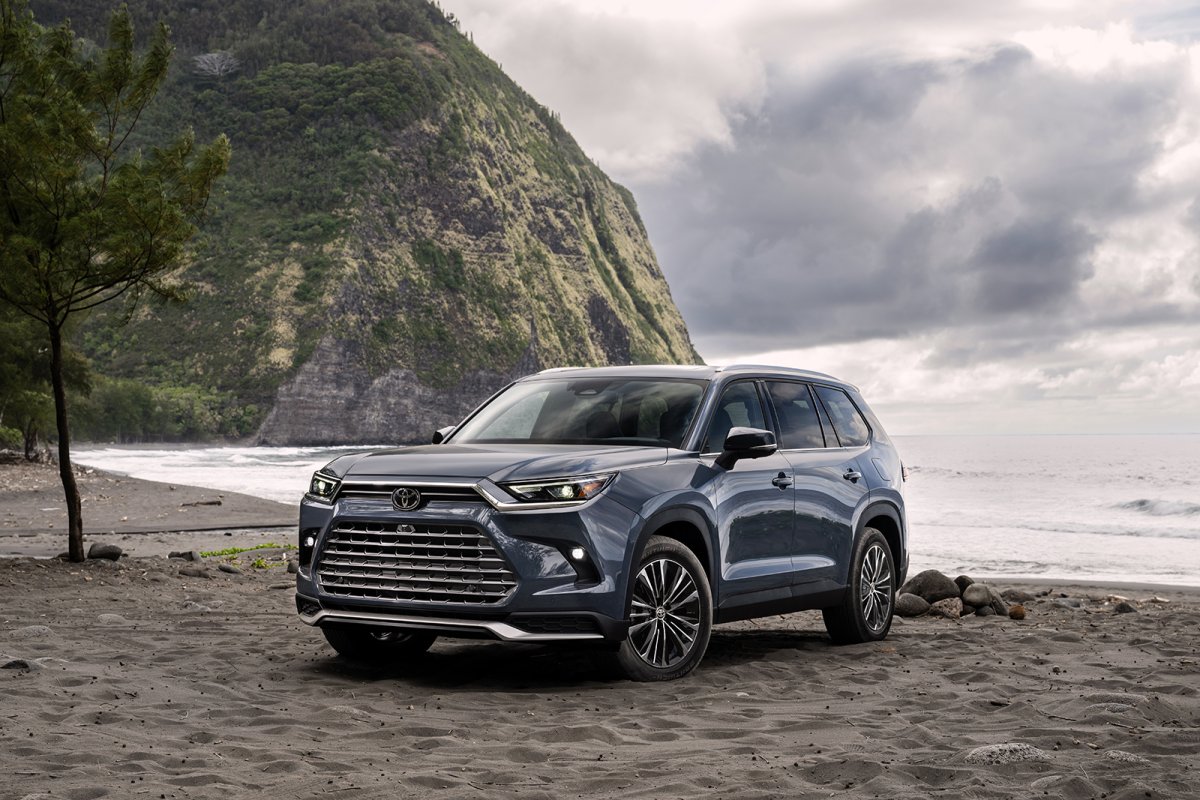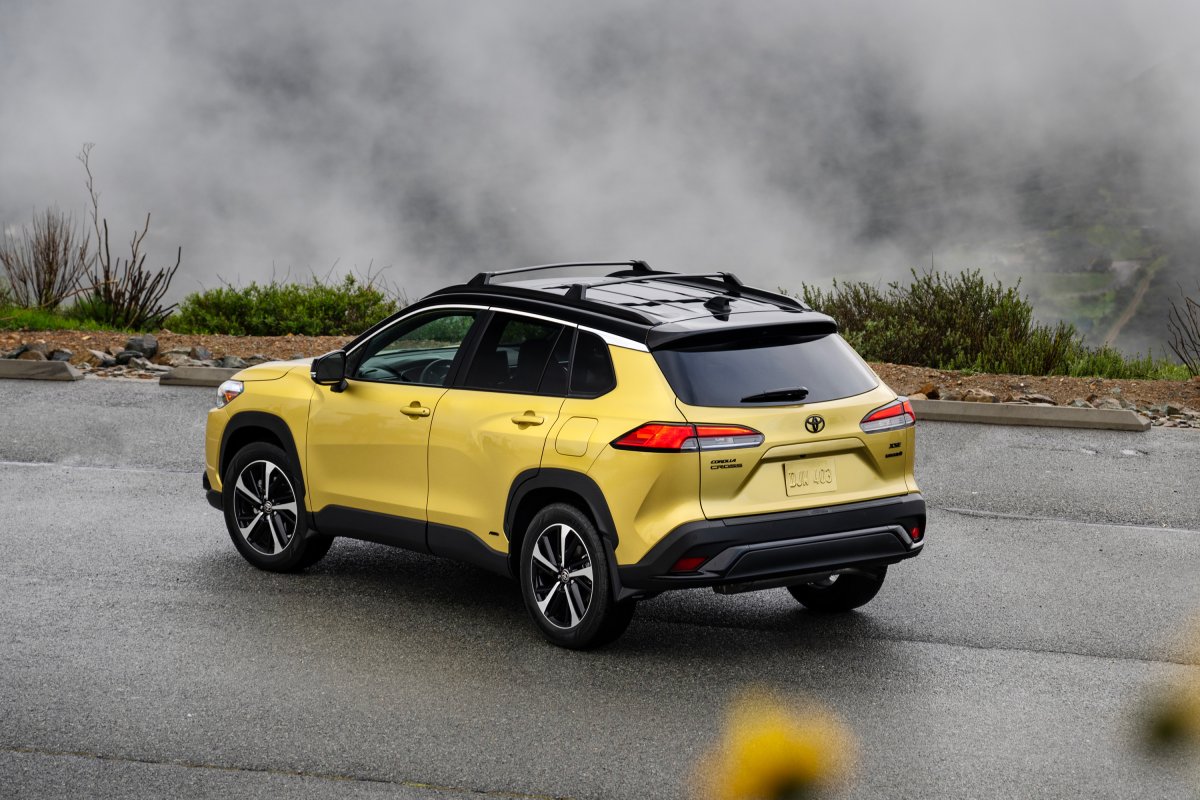Automakers across the market have been cutting prices. The move comes in response to many factors - economy and supply chain among them, but for the moment, we may have hit peak car prices.
"Gas-powered car prices are coming down slowly and steadily thanks to simple market dynamics. Dealers have plenty in stock, so they're offering discounts to sell them. We expect the situation to get better as the year goes on and the Fed finally introduces the rate cuts it has long promised," Sean Tucker, senior editor for Kelley Blue Book told Newsweek.
"EV prices are coming down faster thanks to a more complicated set of factors. Supply and demand are at play, but so are increasing competition, tax incentives, and simple economies of scale. For example, Tesla's aggressive cost cutting underscores how it is being impacted by market dynamics, which in turn, affects the entire EV segment," he said.
Tucker explained that automakers will be introducing less expensive models now that higher-end EVs have helped pay for the research and development of the early ones. Since many of the early adopters have already jumped in, companies will be courting more skeptical buyers.

Nissan lowered the cost of its electric Ariya SUV in March. The Ariya Engage base model is $3,600 less expensive now than its original $43,190. Upper trim levels have been reduced by up to $6,000, with the model now maxing out at $54,190.
The revisions have occurred after Ford lowered the price of its electric Mustang Mach-E by up to $8,100. Tesla has continuously changed the price of its models.
As of January 1, buyers who get the Mach-E are no longer eligible for the $3,750 Inflation Reduction Act-related federal tax credit due to battery sourcing rules. The discount more than makes up for that loss.
And it isn't just EVs on the price chopping block. This year Jeep reduced prices across the board on Wranglers, Gladiators and Grand Cherokees.
"As the electric vehicle market continues to develop and grow, the revised pricing for the 2024 Ariya will improve the model's competitiveness and ensure we are delivering maximum value to our customers," Trisha Jung, senior director, EV Strategy and Transformation, Nissan U.S. told Newsweek.

New Jeep CEO Antonio Filosa explained during a media appearance last month that its price cuts represent more than 90 percent of its volume and that they are a strategic answer for both growing market share and reducing the pain inflation is inflicting to American families.
Non-luxury vehicle prices dropped 2.1 percent in January, year over year, with an average transaction price of $44,052. Luxury prices dropped by nearly 9.7 percent year-over-year. EVs, including the leading Tesla Model Y, saw a reduction overall of 21 percent.
Experts say it's difficult to predict whether these price cuts are an anomaly or a trend, but it is leaning towards the latter.
In December the average price for a new vehicle was $47,936, a 1.4-percent dip from last year, according to Kelley Blue Book (KBB). In January it was down again at $47,401 and in February it landed at $47,244, suggesting that new car prices might continue to drop.
KBB estimates that global car production will exceed sales by 6 percent this year, creating a surplus of 5 million vehicles, which could lead to more price cuts.

"From 2012 to 2019, prices went up about 2 percent each year. But from 2020 to 2022, when inventory was at record lows, prices grew much more aggressively, averaging about 10 percent each year, almost five times faster," Tony Salerno, Vice President, Business Development at J.D. Power told Newsweek.
"In 2023, prices only went up by 1 percent, and year-to-date 2024, prices have gone down by about 3 percent. If prices had kept going up at the pre-pandemic rate, they would be about 16 percent lower than what they are today. We are not going to see price declines of that magnitude. However, we will continue to see moderation in pricing for the rest of the year as inventory increases."
Read more: How to Refinance a Car Loan
Salerno explained that when the supply was tight, and demand was high some manufacturers made aggressive price increases on certain vehicles, or priced new entrants on the high side. He said some of the recent price adjustments are a correction to where the market is today for those vehicles, but not to expect drastic cuts across the board. Other experts agree.
"There are still a large number of makes and models that have much tighter inventory where we're less likely to see price cuts and could actually see price increases. However, for models that aren't moving as quickly we could see either price cuts or more likely a return of vehicle incentives via attractive APRs, leasing deals, or cash on hood to spur demand," Kevin Roberts, Director of Industry Insights and Analytics at CarGurus told Newsweek.

He named the Chevrolet Colorado, GMC Canyon, Toyota Grand Highlander Hybrid and Toyota Corolla Cross Hybrid as vehicles that are still experiencing a tight supply.
"We may have reached peak auto price, for now. The average list price for a new vehicle was down, as was the average used vehicle list price. Compared to overall inflation levels new vehicle prices look to have more room to come down in the coming months/years."
Roberts added that with the semiconductor shortage in the rearview mirror automakers will again make a wider array of vehicles and trims after prioritizing high-margin options for a few years, which should also help to lower overall market prices.
On the electric vehicle side, though the growth of EV sales is slowing, and prices are coming down, they represent less than 10 percent of overall retail sales. Salerno says those price reductions on EVs are a contributing factor to the overall price declines but not the primary driver, but it's still a place to regain ground.
"Demand is continuing to grow, it's just below automaker expectations. In a time of high interest rates consumers are balking at paying a price premium for EVs so automakers have been looking at cutting EV costs to try and close the gap," said Roberts.
Read more: Compare Top Auto Loan Refinance Lenders
It's all good news for consumers, who will have the best chance to get a good price on one of those high-supply SUVs or EVs.
"New inventory levels are up over 65 percent year-over-year; this return of new inventory means that consumers are now seeing a lot more selection on dealer lots as well as a return of vehicle incentives," said Roberts.
Uncommon Knowledge
Newsweek is committed to challenging conventional wisdom and finding connections in the search for common ground.
Newsweek is committed to challenging conventional wisdom and finding connections in the search for common ground.
About the writer
Jake Lingeman is the Managing Editor for the Autos team at Newsweek. He has previously worked for Autoweek, The Detroit ... Read more
To read how Newsweek uses AI as a newsroom tool, Click here.








